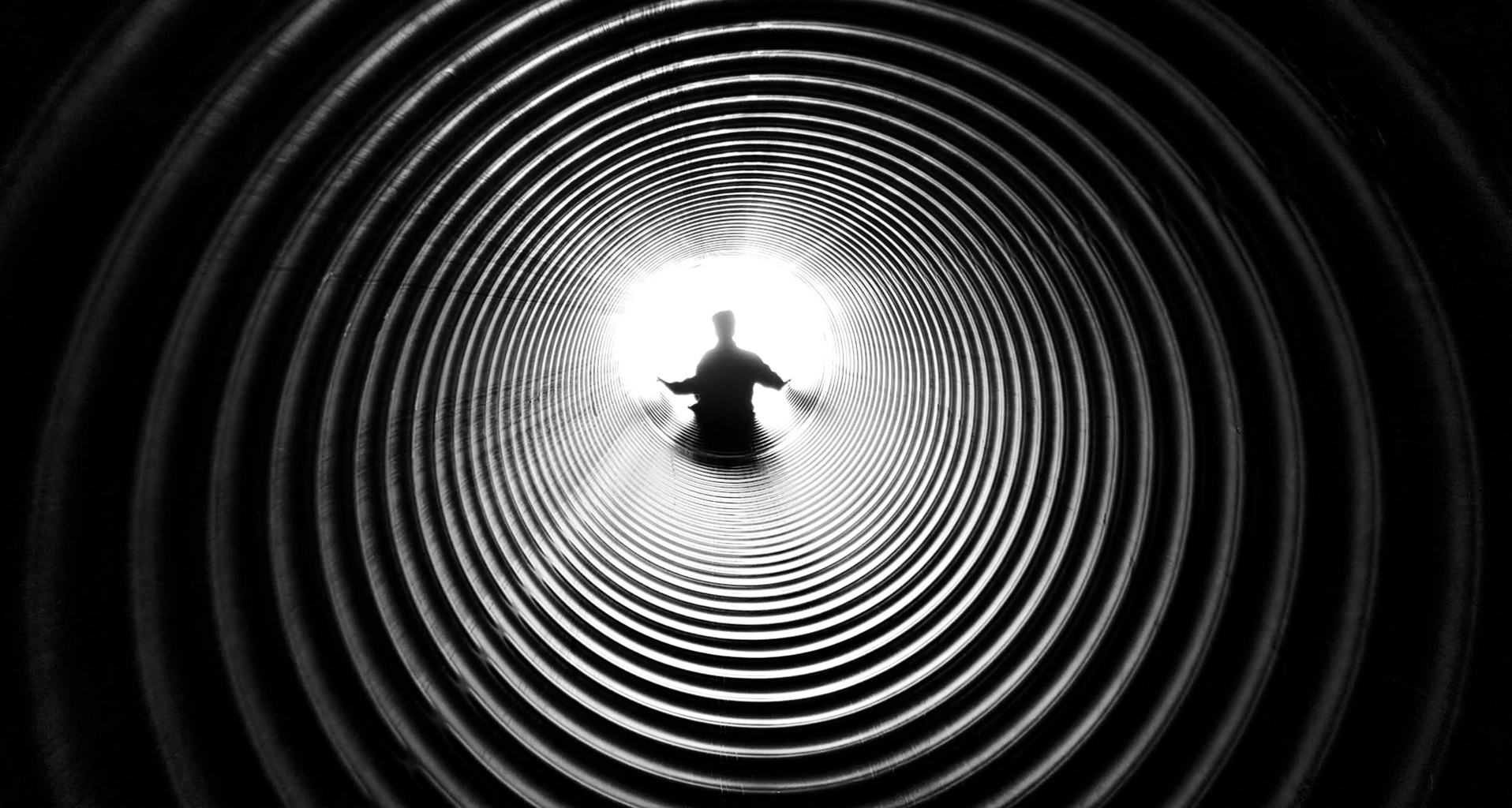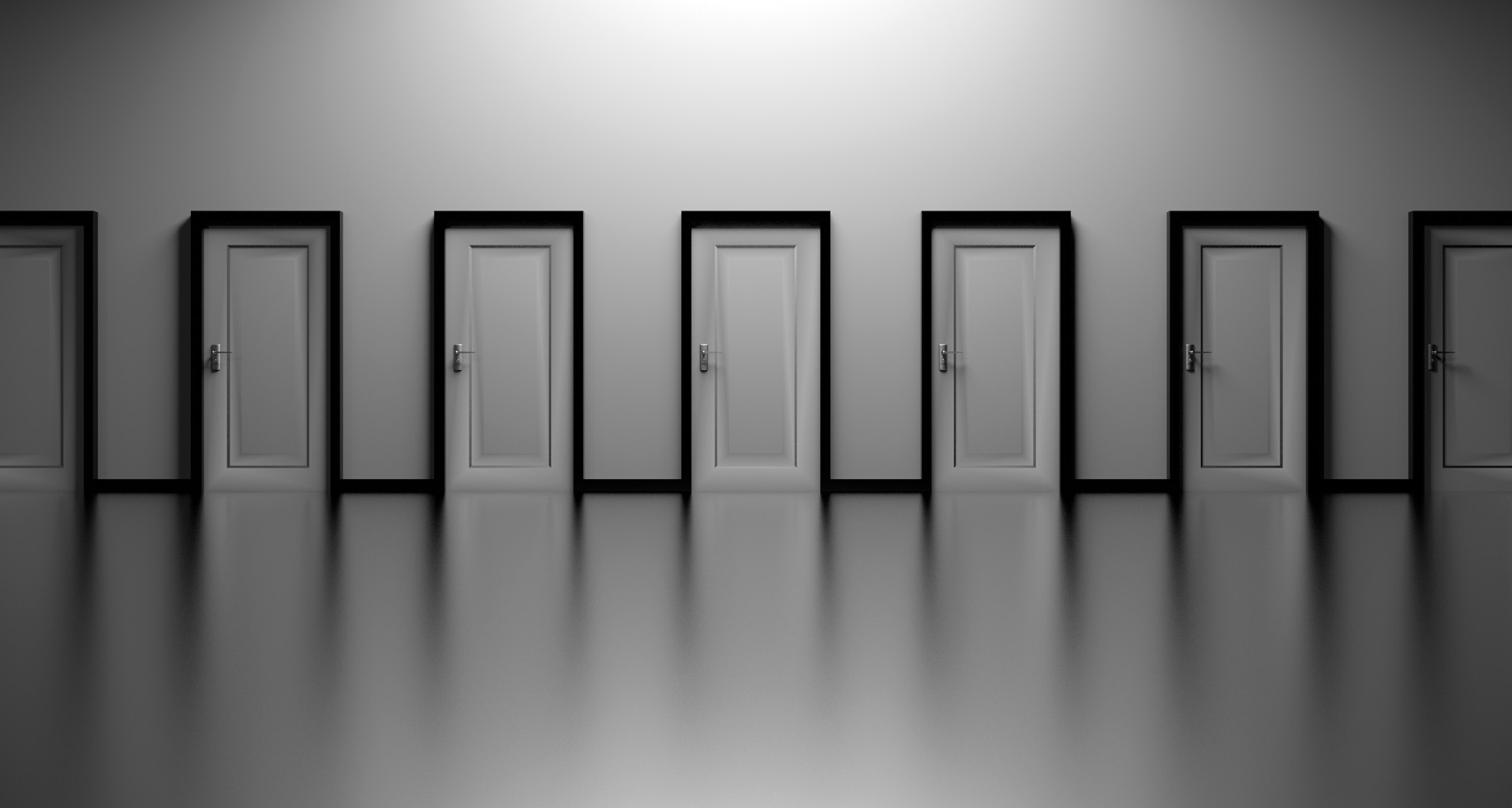Some writers say the hardest part of the writing process is starting, but I’m not so sure. Yes, “starting” can be challenging for sure, but once you get over this first hurdle, it’s usually a profoundly powerful experience—one punctuated by a burst of inspired momentum that can last for hours. A while back I wrote about this idea in a piece called: “A Breakthrough Cure for Writer’s Block”. Please check it out when you get the chance.
But, today I want to talk about finishing that novel or story of yours because that’s what’s been giving me the greatest problem lately.
It seems that no matter how well my writing is going, whether it’s the final line of my novel or the remaining paragraphs of a chapter, I find myself putting on the proverbial brakes right before the end. It’s become a bad habit.
But why? What’s so hard about finishing? After-all, you would think that a writer would want to bring his story and characters to a satisfying conclusion? Isn’t that what it’s all about?
Now, I’m sure I just heard somebody out there say, “No way! It’s about the journey, not the destination”. “Art for art sake” and all that. And I’m not disagreeing—completely. To write well a writer has to be engaged, inspired and involved totally in “the process” of writing, writing without expectation, or without any worries about how it might, or might not, turn out. But let’s face it, if you never finish a story what do you really have? What was it all for?
Growing up, my friends and I would often go swimming off the Government Wharf in my home town. There was really only one way to get in—which was take a running leap off the end and dive head-first into the icy water. Depending on the tide, the dive could be a good ten to twelve feet high and there would always be somebody who would run the length of the wharf only to pull up short right at the edge. Everybody else would be jumping in and having fun. The fear of finishing your story is much the same thing. What’s the point if you never finish—if you never take that last, satisfying jump?
If you always get stalled at the ending you will never deliver a finished story, at worse. At best, your productivity is going to take a serious butt-kicking.
So, what’s the solution? Up until last week, I was sitting stalled at the 80,000 word mark of my 83,000 word novel. Had I suddenly run out of creative energy? Did all the words in the dictionary dry up? Did my Muse take an unscheduled European vacation? I doubt it. Then, what was the deal?
After a fair bit of soul searching and a pinch of honesty, I figured out the problem. I was afraid to finish my novel. I’m not talking about a kind of fear that had me breaking out into sweats or one that was keeping me up at nights—no, this was far more subtle. It was almost insidious. So much so that I wasn’t even aware there was a problem. But, once I became more aware how I was feeling–that there might be something wrong, I started to look for symptoms.
Here’s the three things that kept cropping up for me.
1) U-turning
I was turning about-face, near the end of story to reread, rewrite, or revise
instead of simply crossing the finish line.
2) Extreme Perfectionism
I started to blame those “weak areas” in my story. The ones that were obviously
affecting my ability to bring the story to a close. If I could just make them
all “just right” the ending would magically fall into place, I told myself. So
instead of finishing the final chapter, I reworked those tiny things that truly
had no bearing on the ending. All the while, my novel remained incomplete.
3) Excessive Procrastination
I became incredibly susceptible to distraction. Any notion that popped into my
head seemed a reasonable excuse for not finishing my novel. I told myself that
I would finish it “tomorrow”. That this would be a good place to “bookmark”.
Maybe a little extra research (surfing the net, checking Twitter or Facebook)
would be helpful? Undone chores suddenly became a priority. Inexplicably, I
felt that if I didn’t rearrange the spice cabinet immediately terrible
consequences would transpire.
When I really stopped to take a good look at what I was doing I realized I needed to address this stuff—and fast. It took a bit of effort but I figured out a few things that really helped me push to the end.
They were surprising simple tricks that any writer can use. Here they are…
1) Be Conscious
When you find yourself getting close to the end of the story take a minute to
reinforce your desire to finish. Be aware of any sudden urges to take a break,
or backtrack. Then ask yourself if either is really necessary right now, in
this moment.
2) Jump to the End
If you feel any hesitation, take drastic action and jump right to the last
line, the last paragraph or even the last page and then work backwards. In goal
setting, we are often taught to “think from the end”. Why not write from the
end? Skip right over all the bull and stuff and cut right to the meat.
3) Take a Neutral Approach
Try writing free of any per-determined outcome or ending—either positive or
negative. Don’t worry what the ending is going to look like or how good it is
going to come off. Just write, one word after the other until you reach the
end. Set aside your opinions of how the writing should be going, or how fast.
4) Be Courageous
You’ve worked really hard to get this far in your story. You’ve overcome plot
problems, crazy dialogue, tired clichés, sleepless nights and maybe even the
occasional caffeine overdose only to quit now? I don’t think so! This is your
story—beginning, middle and end.
5) Think like Your Hero
What would your hero do at the cusp of attaining the goal? Would he go for it
with all
his might, or would he go have a coffee? Maybe cut the grass? No way! When the
goal is in sight, the hero always goes for it! And so should you.
Finishing anything is a big deal—it’s not always easy—believe me, I know. Writing is no different. No wonder it almost always comes with fear. But, the ability to recognize that fear and move pass it is what separates the writers with finished, readable stories from those who only wish they could.
Did I miss something? How do you push to the end? What tricks have you learned to finish that published and award-winning novel? I’d love to hear your views. So please drop me a line or two. Til next time, back to writing!
Troy









